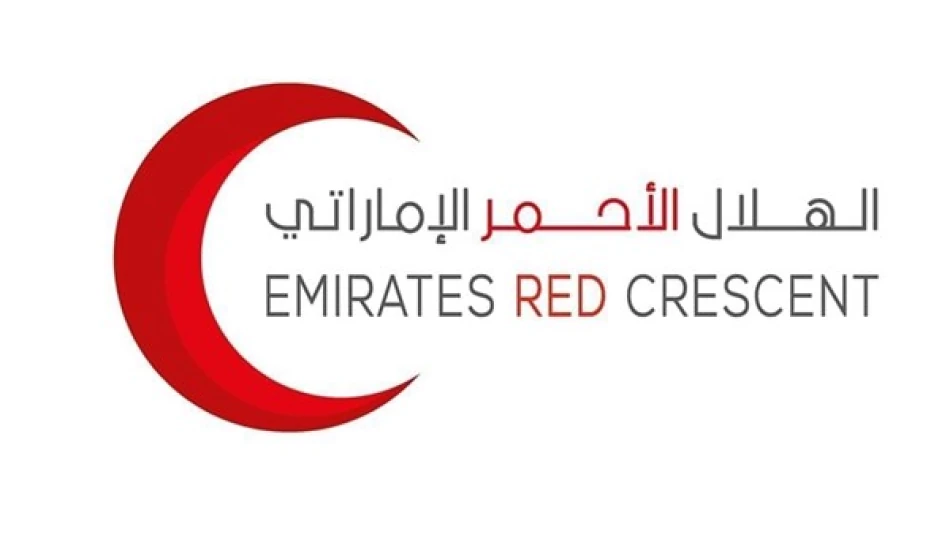
Emirati Red Crescent's Global Reach: Impacting 50+ Countries Worldwide
UAE Red Crescent Expands Domestic Outreach While Maintaining Global Humanitarian Leadership
The UAE Red Crescent Authority is intensifying its focus on domestic humanitarian programs, serving over 35,000 people within the Emirates during the first half of 2024 while simultaneously maintaining operations across 50 countries worldwide. This dual approach reflects the UAE's strategy to strengthen internal social cohesion while projecting soft power through humanitarian diplomacy on the global stage.
Domestic Programs Show Significant Reach
Ahmed Sari Al Mazrouei, Secretary-General of the UAE Red Crescent Authority, announced that the organization's network of centers across all seven emirates has achieved substantial domestic impact. The 35,000 beneficiaries received support through diverse programs including medical assistance, aid for people with disabilities, educational support, and seasonal initiatives during Ramadan and Eid al-Adha.
This domestic focus represents a notable shift for an organization traditionally known for its international humanitarian work. The emphasis on local programs suggests the UAE government recognizes the importance of addressing internal social needs while building national unity through shared humanitarian values.
Strategic Global Footprint Remains Intact
Despite increased domestic attention, the UAE Red Crescent maintains its extensive international operations across more than 50 countries. The organization focuses on emergency relief and sustainable development projects, particularly in healthcare, education, water access, and food security sectors.
This approach mirrors successful models from other Gulf states, where humanitarian organizations serve as instruments of soft diplomacy. Saudi Arabia's King Salman Humanitarian Aid and Relief Center and Qatar's humanitarian initiatives demonstrate how Gulf nations use aid organizations to enhance their international standing and influence.
Gaza Response Demonstrates Operational Capacity
The organization's response to the Gaza crisis since October 2023 showcases its logistical capabilities and political alignment. The UAE has dispatched eight relief ships through Egypt's Al-Arish port, delivering over 80,000 tons of food, medical supplies, and healthcare materials to Palestinian civilians.
This substantial aid operation serves multiple strategic purposes: demonstrating humanitarian leadership in the Arab world, maintaining diplomatic relationships with Egypt, and positioning the UAE as a responsible regional power capable of managing complex humanitarian logistics during active conflicts.
Balancing Act Reflects Broader UAE Strategy
The Red Crescent's dual focus on domestic and international programs reflects the UAE's broader national strategy of building internal resilience while projecting influence abroad. By addressing local needs, the organization helps maintain social stability and national cohesion—critical factors for a diverse society with a large expatriate population.
Simultaneously, the international humanitarian work supports the UAE's foreign policy objectives, particularly in regions where traditional diplomatic tools may be limited. This approach has proven effective for smaller nations seeking to punch above their weight in international affairs, with Norway and Denmark serving as notable examples of humanitarian diplomacy success.
Implications for Regional Humanitarian Landscape
The UAE Red Crescent's expanded domestic focus may signal a broader trend among Gulf humanitarian organizations toward balancing international prestige projects with local community needs. This evolution could influence how other regional players structure their humanitarian strategies, particularly as Gulf societies become more diverse and complex.
The organization's ability to maintain both domestic and international operations at scale demonstrates the UAE's institutional maturity and resource availability—factors that position it favorably for continued humanitarian leadership in the Middle East region.
Most Viewed News

 Layla Al Mansoori
Layla Al Mansoori






